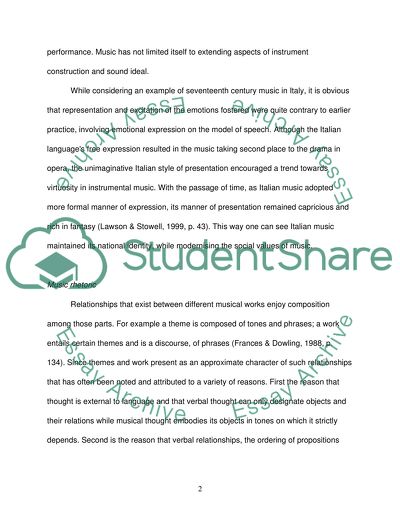Cite this document
(“To what extent is musical taste governed by society Essay”, n.d.)
To what extent is musical taste governed by society Essay. Retrieved from https://studentshare.org/miscellaneous/1518598-to-what-extent-is-musical-taste-governed-by-society
To what extent is musical taste governed by society Essay. Retrieved from https://studentshare.org/miscellaneous/1518598-to-what-extent-is-musical-taste-governed-by-society
(To What Extent Is Musical Taste Governed by Society Essay)
To What Extent Is Musical Taste Governed by Society Essay. https://studentshare.org/miscellaneous/1518598-to-what-extent-is-musical-taste-governed-by-society.
To What Extent Is Musical Taste Governed by Society Essay. https://studentshare.org/miscellaneous/1518598-to-what-extent-is-musical-taste-governed-by-society.
“To What Extent Is Musical Taste Governed by Society Essay”, n.d. https://studentshare.org/miscellaneous/1518598-to-what-extent-is-musical-taste-governed-by-society.


